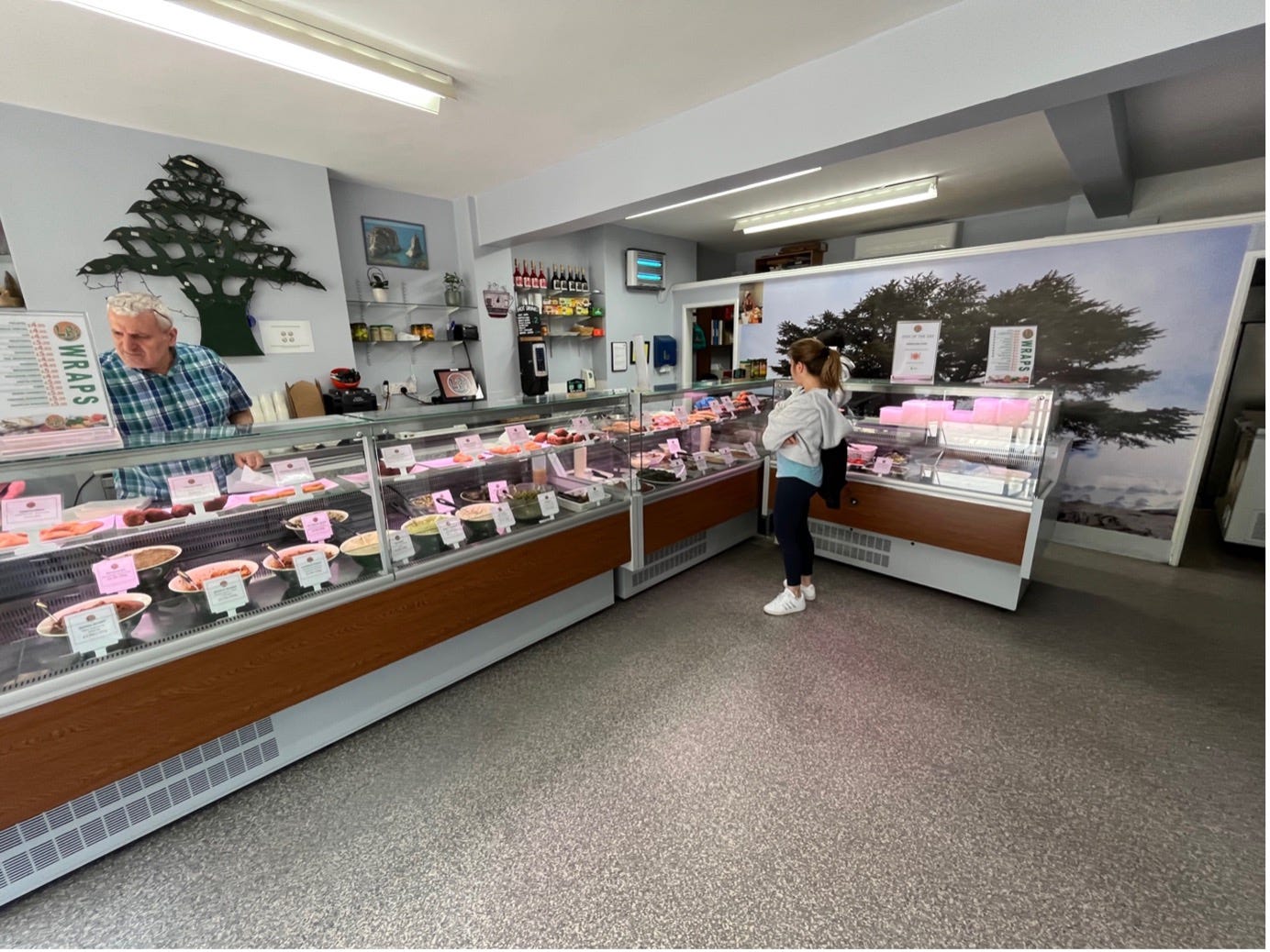I would be lying if I said I hadn’t looked into getting adopted by my British relatives. Why? Well, as an Australian citizen, I have the poor luck of falling into the “overseas student” category when it comes to university fees. So much for being a member of the Commonwealth! If I could have successfully naturalised, I would stand to save a staggering £75,000 over the course of my degree.
This figure comes from the difference between the annual fees for a PPE degree for home students and those for students hailing from abroad. While the former are capped by the government at £9,250, the latter are more or less subject to the vicissitudes of the market, where the current equilibrium is £35,080. For a subject like Psychology, Philosophy and Linguistics, the number is £44,240.
Now, the University has a professed commitment to inclusivity in both an international and financial sense. However, if we look a little closer, in light of the above disparity there is a contradiction in some of the University’s claims. Consider the following excerpts from the website:
- “Oxford’s international profile rivals that of any university in the world, highlighted by the breadth and depth of its research collaborations and a truly global student body and academic staff.”
- “Today, one third of our students, including 21% of undergraduates, are international citizens and come from over 140 countries.”
- “Our ambition is to ensure that no one with outstanding academic potential is deterred from studying here because of their background, personal circumstances, or finances.”
Does this ambition really extend to the entirety of the student body? Of course, all the overseas students here are both willing and able to meet the financial demands one way or another. To get a broader perspective on the international experience at Oxford, I sat down with a few students to listen to their thoughts.
Moving to university is a big step for anyone. For international students, it’s a massive step. No one can better testify to this than Jenni, a first-year PPList. Her journey to college was more daunting than most. Forget the 23-minute train ride from Reading, Jenni flew all the way from Sydney, Australia: “I came here alone two weeks before term started… I was walking up and down the High Street, no one was helping me…I knew no one.” Once term starts, one quickly becomes much too busy to be preoccupied with homesickness and whatnot, but those first few weeks can be especially isolating when home is half a world away.
Julia, an American PPEist coming from across the pond, discussed the additional travails she faced. On top of the canonical learning curves in time management, essaying and domestic duties, Julia spent her first few weeks in Oxford: “Getting phone plans, sorting out my visa, setting up a bank account… Stuff like that, where if things go wrong, this is actually a problem!”
We also discussed the logistical implications of the (in)famously short terms and long vacations. My family is currently in Denmark, and while the solo Oxford to Paddington Station to Liverpool Station to Stansted airport to Copenhagen trip is quite the ordeal (with basically all my worldly possessions in tow!), it’s not impossible. In Jenni’s case, flying back and forth to Sydney three times a year is not viable, but the alternative is spending more on accommodation beyond the standard 27-week contract (she also noted that a 40-week contract is inconvenient for those students who are able to head home each vacation). There are also problems with moving in and out: “It’s so much effort, and they don’t give you as much storage as you need…I’ve had to store stuff in friends’ rooms, and lost stuff in the process of things being stashed about.”
The degree of culture shock one experienced was closely tied to the student’s previous international experience. Irene, a biologist at St Hilda’s who grew up in Australia and then Shanghai, completed sixth-form here in the UK, and recognises the head start this gave her when university began: “I learned about the culture, the people and how things work here… I feel like understanding the pop-culture here helps in communicating with people here and the other way around.”
On the other hand, Mrinal, another first-year, was born and brought up in India, and we discussed the range of factors one had to acclimatise to in making the big jump to Oxford: “It was a totally new experience for me shifting from an Indian curriculum to a british one… The culture here is quite different, there are different tastes, different hobbies, different foods…I think the catering system needs to improve in order to better cater for international students.”
For most students, life inside Oxford is completely different to life outside Oxford. Cecilia, a second-year Engineer who has been an expat her whole life, emphasises this dichotomy: “It does sometimes feel like my life is split in two. Once I come to Oxford, I’m in Oxford; once I’m back in Paris, I’m in Paris, and there’s no oscillation between the two.”
Given how intense the term is, it can be nice to catch a break. For Julia: “A lot of times, it can seem like life in Oxford is everything…the way I escape that very intense lifestyle is coming back [to the US] and it’s really nice to put everything into perspective, in the sense that no matter what happens in the UK, I will always have this home.”
Throughout the interviews, the general consensus reached was that yes, there were additional logistics that needed consideration, but it was definitely worth it – it’s not unreasonable to say that going to the top university in the world is always worth it. The differences between the international and domestic experiences were much smaller than the similarities. The main point of contention was, as this article has been driving towards, the fees.
The financial requirements associated with tertiary education vary around the globe. On one hand, you have the US system, exorbitantly expensive. When I asked Julia about her thoughts on the overseas fees at Oxford, she notes: “For a lot of [Americans], going to school in the UK is the cheapest option. Even with the flights taken into account, it costs so much less for me to go to the UK… when we were looking at Harvard, it was around… three times as much for a single year.” On the other hand is the Danish system. I lived as a resident in Denmark for my last two years of high school. Had I chosen to go to one of the Copenhagen universities, not only would I have paid no tuition – not even in the form of a loan – I would have received the Statens Uddannelsesstøtte, or “state educational grant”. This grant, similar to the maintenance loan in the UK but again, non-repayable, adds up to around £600 a month.
The Danish case is just one manifestation of the socialist policies for which the Scandinavian countries are known, and would likely nauseate truly free-market liberals. There is always a value tradeoff for any policy. In this case, it is equality and efficiency.
I don’t think that the British government has any explicit responsibility towards subsidising or capping international fees, although there is certainly an argument to be made in favour of doing so. Most interviewees, for example, stated that they saw themself staying in the UK for at least a few years after their degree. Conversely, a recent article in The Times noted a potential brain drain occurring in Britain as “Private school pupils turn backs on Oxbridge to chase Ivy League places”. Making the UK a more financially viable destination for university would undoubtedly pay dividends in the long run by attracting bright students from across the world.
Government incentives aside, I wonder if a case couldn’t be made for the university itself to have a greater responsibility in promoting financial inclusivity. At the very least, I’m not sure the ambition “to ensure that no one with outstanding academic potential is deterred from studying here because of… finances” is quite compatible with the fact that the Student Loan option is unavailable to international students. Scholarships don’t provide a viable option either; as the website notes, numbers are “ very limited, which is why we encourage students to explore options for sourcing funding in their home country.” Australia, my home country, has a similar student loan scheme to the UK, but unfortunately it is only available for Australian students studying in Australia.
The fact is, most international students rely on private finance. Everyone interviewed recognised the privilege of being able to afford to attend Oxford; Ibrahim, another first-year, mentioned that his parents “have been planning for these kinds of fees for our whole lives.” Mine have too, but the year-on-year increase of £6,000 – a roughly 20% increase, while the Consumer Price Index for the UK has measured annual inflation at 10.4% in January – is hard to swallow.
For every worthy student who is lucky enough to afford their place, one can’t help but think of those who aren’t so fortunate. Those students facing economic hardship, in both developed and developing countries, who have the intellectual means but lack the finances. There undoubtedly are comparable domestic cases, but this is mitigated by initiatives like the Crankstart Scholarship. For the international case, Cecilia argues – and it is hard to disagree – that admission is a case of merit conditional on financial viability: “It’s only the best from those that can afford it.”
Is there a solution?
Assuming the government is unable to financially support these students for political and economic reasons, I believe there is still the possibility of recreating the student loan option independently. Think of a large – and yes, it would have to be large indeed – fund from which international students could take a loan to cover the cost of tuition, to be paid back in the future, adjusted for inflation. The University is quick to advertise the employability of its graduates, so I don’t see why such a fund couldn’t be self-sustaining once established.
This is what realising the ambition of admitting everyone with the requisite academic potential could look like. Unfortunately, it would require a considerable capital endowment. Ideally, it would be great to see the University put its money where its mouth is, but as Cecilia said “There’s only so much money to go around, and because it is so expensive for any single student to come here, the University does just not have the budget to send more than a handful of students here.” The alternative could be an extremely benevolent series of donations from alumni and other philanthropists who see the value in such a fund. Dear reader, if you are feeling especially benevolent today you could be the first to take this step!








